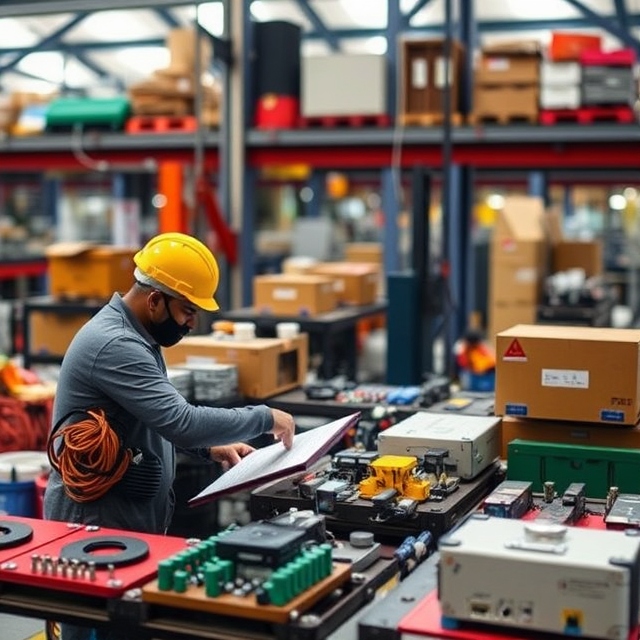The increasing adoption of automation, robotics, and data analytics enables manufacturers to improve efficiency, reduce costs, and meet global quality standards. Embracing smart manufacturing practices can give Indian companies a competitive edge in international markets.


